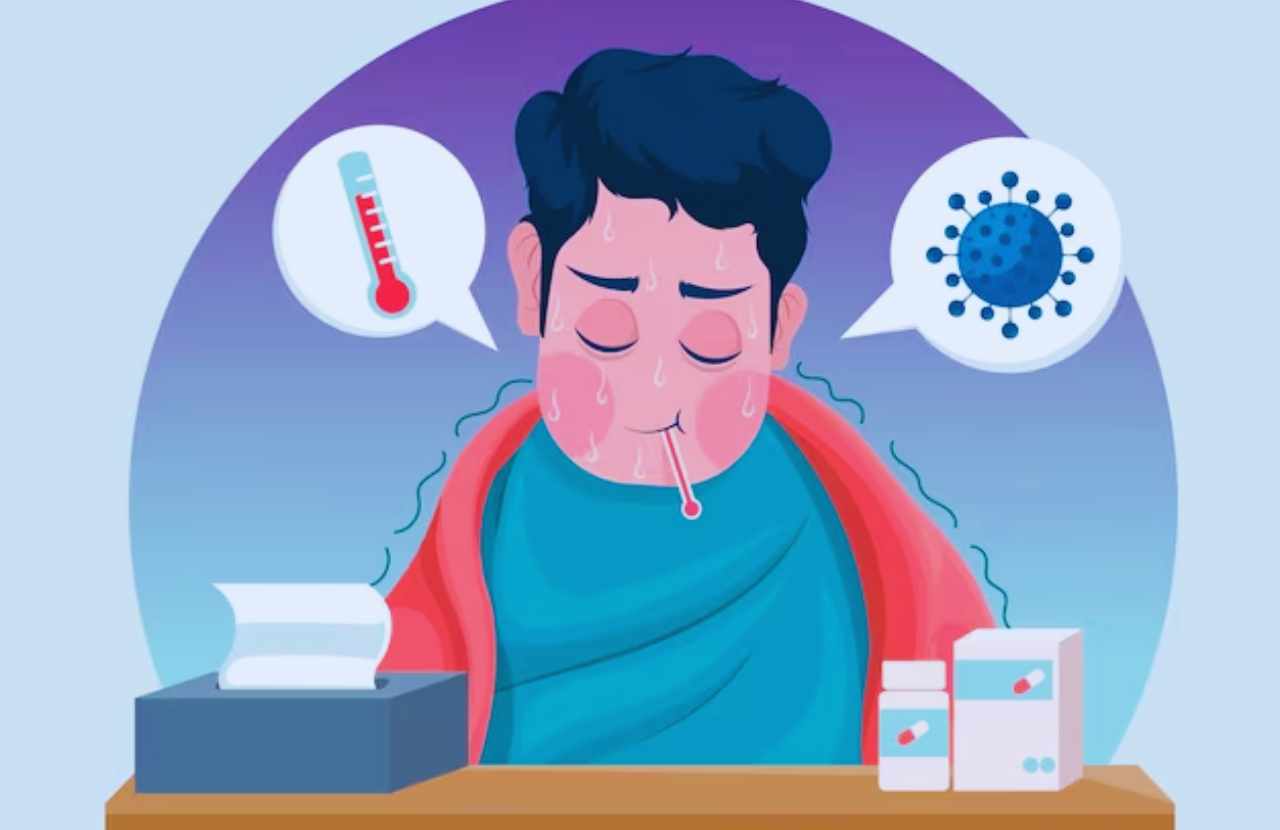Zyns, also known as synthetic substances or artificial compounds, have become an integral part of our daily lives. From food additives to medications, these synthetic creations surround us. However, some individuals may experience adverse effects, feeling sick or unwell after exposure to certain zyns. In this blog post, we will explore why zyns make you sick, the science behind why zyns can make some people feel sick and explore potential reasons behind these reactions.
Understanding Zyns
Before we explore the reasons behind zyn-induced sickness, we must understand what zyns are. Zyns encompass a broad category of synthetic substances that are not naturally occurring. They can be found in various products, from artificial sweeteners in food and beverages to preservatives in cosmetics and pharmaceuticals. While many zyns are safe for consumption and use, individual reactions can vary.
Why do Zyns Make you Sick?
Some individuals report feeling unwell after using zyns, prompting a closer examination of the potential factors contributing to these adverse reactions. Here are those-
Individual Variability
One of the key factors contributing to why zyns make some people sick lies in the inherent variability of individual responses. Each person’s body reacts differently to external substances, influenced by genetics, metabolism, and overall health. What might be harmless for one person could trigger adverse effects in another. Therefore, the perception of feeling sick after exposure to zyns can be highly individualized.
Allergies and Sensitivities
Certain individuals may experience adverse reactions to zyns due to allergies or sensitivities. Allergies occur when the immune system reacts defensively to a substance it perceives as harmful, releasing chemicals like histamines that can lead to symptoms such as nausea, itching, or even anaphylaxis in severe cases. On the other hand, sensitivities are non-immune responses to certain substances, often causing discomfort without involving the immune system.
Artificial Sweeteners
Artificial sweeteners are a common type of zyn that has garnered attention for their potential to induce sickness in some individuals. Aspartame, sucralose, and saccharin are popular artificial sweeteners that replace sugar in various food and beverage products. While they are generally recognized as safe by regulatory bodies, some people report symptoms like headaches, nausea, or digestive issues after consuming products containing these sweeteners.
Research suggests that the gut microbiota, the diverse community of microorganisms living in the digestive tract, may play a role in these reactions. Artificial sweeteners can alter the composition and function of the gut microbiota, potentially influencing metabolic processes and triggering adverse reactions in susceptible individuals.
Preservatives and Additives
Preservatives and additives are another zyns commonly found in processed foods, cosmetics, and medications. While these substances are designed to extend shelf life, enhance flavour, or maintain product stability, some individuals may experience adverse effects. For example, sulfites, a class of preservatives used in food and beverages, have been associated with allergic reactions, respiratory issues, and digestive discomfort in sensitive individuals.
Moreover, some individuals may have a heightened sensitivity to certain food dyes, flavour enhancers, or stabilizers, leading to symptoms like headaches, gastrointestinal distress, or skin reactions. The intricate interplay between individual biochemistry and the chemical composition of these additives contributes to the diverse range of responses observed.
Environmental Factors
Beyond individual factors, environmental aspects can also influence how zyns affect our health. Exposure levels, duration of exposure, and the presence of other chemicals can all contribute to the overall impact on well-being. For instance, someone working in an environment with high concentrations of certain synthetic substances may be more prone to experiencing adverse effects compared to someone with minimal exposure.
It’s crucial to consider the cumulative effect of zyn exposure over time. Even substances deemed safe in small quantities may lead to health issues when encountered regularly or in large amounts. The body’s ability to metabolize and eliminate these substances can be overwhelmed, potentially leading to sickness symptoms.
Psychological Factors
The mind-body connection is a powerful aspect of our health, and psychological factors can contribute to feelings of sickness in response to zyn exposure. The nocebo effect, the counterpart of the placebo effect, occurs when the expectation of harm or negative effects leads to the experience of symptoms. If an individual harbours preconceived notions or fears regarding the potential harm of zyns, the mind could amplify physical responses, creating a subjective experience of feeling sick.
How to use ZYN pouches?
To use ZYN pouches–
Select a Flavor and Strength: ZYN pouches have various flavours and nicotine strengths. Choose the one that suits your preference and nicotine tolerance.
Wash Your Hands: Before handling the pouch, wash your hands to maintain cleanliness.
Open the Can: Gently open the ZYN can, carefully not to damage the pouches inside.
Take a Pouch: Using clean fingers, grasp a single pouch from the can.
Place the Pouch Under Your Upper Lip: Position the pouch comfortably under your upper lip, between the gum and lip. It’s important not to chew or swallow the pouch; instead, allow it to rest in place.
Enjoy the Flavor: The nicotine is absorbed through the gums, providing a similar experience to traditional tobacco products without the need for smoking.
Dispose of Used Pouch: Properly dispose of the used pouch in a trash bin. Do not flush it down the toilet.
Monitor Usage: Be mindful of your nicotine intake and adhere to recommended usage guidelines to avoid adverse effects.
Final Words
In conclusion, the reasons why zyns make some people sick are multifaceted, involving individual variability, allergies, sensitivities, and complex interactions between synthetic substances and the human body. While many zyns are deemed safe for consumption and use, it’s crucial to recognize that individual responses can vary widely. Understanding these factors as we navigate a world filled with synthetic compounds can empower individuals to make informed choices about their exposure to zyns and advocate for their health and well-being.

